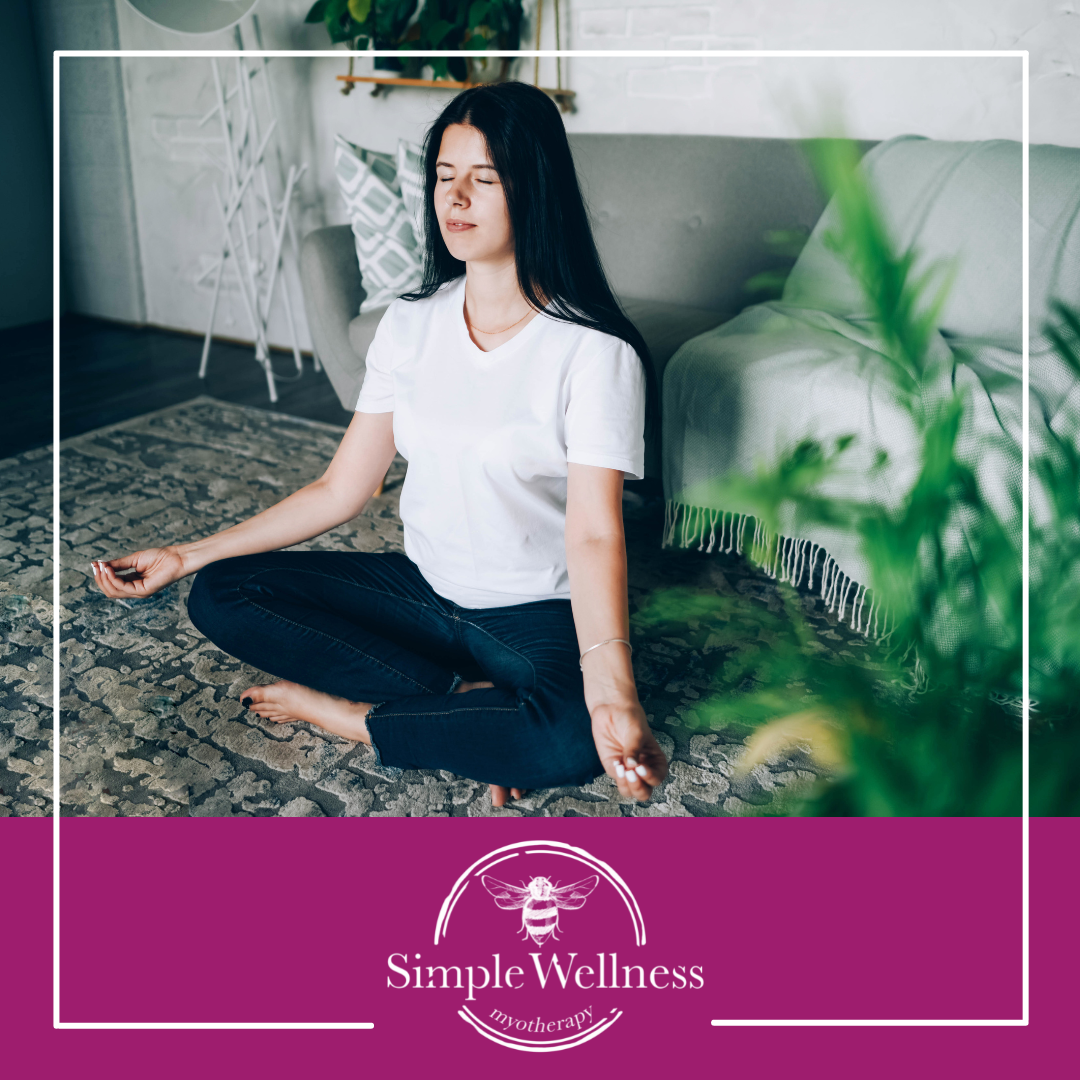|
By Jacqui Mulholland There is a lot of focus on performance and energetic output and working towards aspirational goals. Whether personally or professionally. We see it in the workplace, in sports and the fitness industry, we see it in education and even in the way we conduct ourselves in our relationships and the way we parent. The harder you work, the better the result, and the faster you move and the more you push yourself, the faster you will get those results or that desired outcome. However we must remember that when we are talking about controlling and managing outcomes, when it comes to our health and wellbeing, and the health and wellbeing of others, we cannot control everything. At some point we will experience set backs, obstacles and challenges that we didn’t foresee and that we need to navigate our way through. As we adjust to these challenges, our vision for our desired outcomes may need to change also. Meditation is less about achieving an outcome, and more about easing into presence without expectations or a destination in mind. Why then is meditation a practice that is useful? Because it teaches us to let go of the need to control the outcomes, to accept things as they arise and befriend our emotions as we experience changes. Learning how to be still and calm in the midst of discomfort and stressful situations. Reminding us of the impermanence of everything.
How often do you sit and just listen deeply to your body, your sensations, your moods, your thoughts & feelings, your energy and breathe and BE with it? Sounds simple enough, and yet it can be a challenge in itself to get used to the idea of not having to do anything or achieve anything. It goes against everything we are conditioned to do, against the culture of ambition & striving to be better. How would it be to simply listen, to feel, and to gently respond with kindness and compassion towards yourself whatever you’re feeling? What if as you are experiencing a difficult stressful moment in your life, you remember to be present with what you are feeling, to respond to your needs in the moment, to remember to breathe and ground yourself before reacting? How might this change your life? The way you respond to your family, friends, colleagues, children, or partner. Having a respectful and compassionate response to yourself first enables you to express yourself with greater empathy and non judgement and recognise our common humanity. Whilst meditation and in particular mindfulness meditation is known to benefit focus, productivity, mindset & alertness. There are numerous other benefits that you might be surprised to discover. Emotional regulation & resilience, kindness, empathy, compassion, flexibility, creativity, connection, improved sleep, improved health, pain management, spiritual development. A healthy body includes a healthy mind. Culturally we are encouraged to invest a lot in our physical health, our fitness and knowing about good nutrition and there is a lot of awareness about the known benefits of maintaining a physically healthy lifestyle. What are we doing to train and maintain our mental health fitness? I’m sure you are aware of how common mental health conditions have become, and how challenging it can be to get the right help, not to mention the cost and time investment. Did you know that meditation is something that doesn’t take a lot of time and that can increase your overall general wellbeing as well as your mental health, and you can start today?! You do not need to be religious, spiritual or even have a lot of spare time to begin a practice. All you need is 10 minutes a day to start a habit of checking in, breathing, becoming aware of your senses and your environment, and grounding yourself. The simplest way to begin is by practising mindfulness. A simple definition of mindfulness is: Paying attention to & observing the present moment without judgement. So this also means learning to focus your attention on what is happening around you and within you, rather than thinking about or focusing on anything that is not part of your immediate experience. If thoughts of the past, or thoughts of the future, any stories in your mind that take you out of the present moment awareness, you just gentle gather your attention again and return it to the present moment. Some people like to return to their breath, as a soft landing place to rest in the present, some people like to return to the sense of sound (using music or nature sounds to help maintain that focus). The best thing is, you can experiment with different aspects of the present and find out what works best for you. You might use sensations to come back to, the rise and fall of your chest with each breath, you might use a visualisation such as a colour or image to return to. You can use a mantra, a phrase or positive affirmation or perhaps a simple word to repeat in your mind to return to over and over again. One thing to remember while you are practising, that your mind is meant to wander many times during a practice session. This is normal, this is the practice. Once you have become aware that your mind has wandered, you catch it, recognize your thoughts have wandered, and you gently & kindly bring them back to the present. Over time, this may become easier as you train your mind and strengthen this process of coming back to the present. You may begin to notice that you are able to stay present for longer and with less and less effort. This practice of mindfulness meditation may begin to open up a sense of stillness and spaciousness that can be observed and felt as you rest in present moment awareness. As you practise this in meditation, you also may begin to notice that you can naturally come back to presence and that sense of calm and peacefulness more frequently throughout your day. This is why the practice of meditation is important to continue and maintain regularly. Because the real results can be felt as you are going about your daily life, with more ease and less stress and mental drain. You notice when you need to take a break and you respond to your needs with more kindness and compassion. If you would like to learn more about how to start a regular practice, I am offering 1:1 coaching (online) to help get you started and guide you through the process and help you address common obstacles and challenges and this will greatly increase your chances of maintaining your practice, by giving you a strong foundational understanding of mindfulness and meditation with a personalised support program. Another wonderful way to get your practice started is to join a meditation group where you can connect with others who are on a similar journey. From February 6th, I am running a women’s only meditation group fortnightly on Monday evenings at 7:30pm for 60 mins. The session includes, a guided meditation, sharing and discussion time and some helpful tips and techniques that you can continue to practice at home. Visit https://www.shinemeditation.com.au/meditation-sessions to learn more about the meditation sessions I have on offer, or ask me next time you're in the clinic. Comments are closed.
|
Meet Our Team
We have a team of great practitioners available 7 days a week at our Rowville clinic. Archives
July 2024
Categories
All
|
Got a question about Myotherapy?
Contact Mel by phone, email or Facebook
|
Simple Wellness Myotherapy & Remedial Massage Clinic
Shop 12B 150 Kelletts Rd Rowville VIC 3178 |
Phone us on
03 8204 0970 |


 RSS Feed
RSS Feed